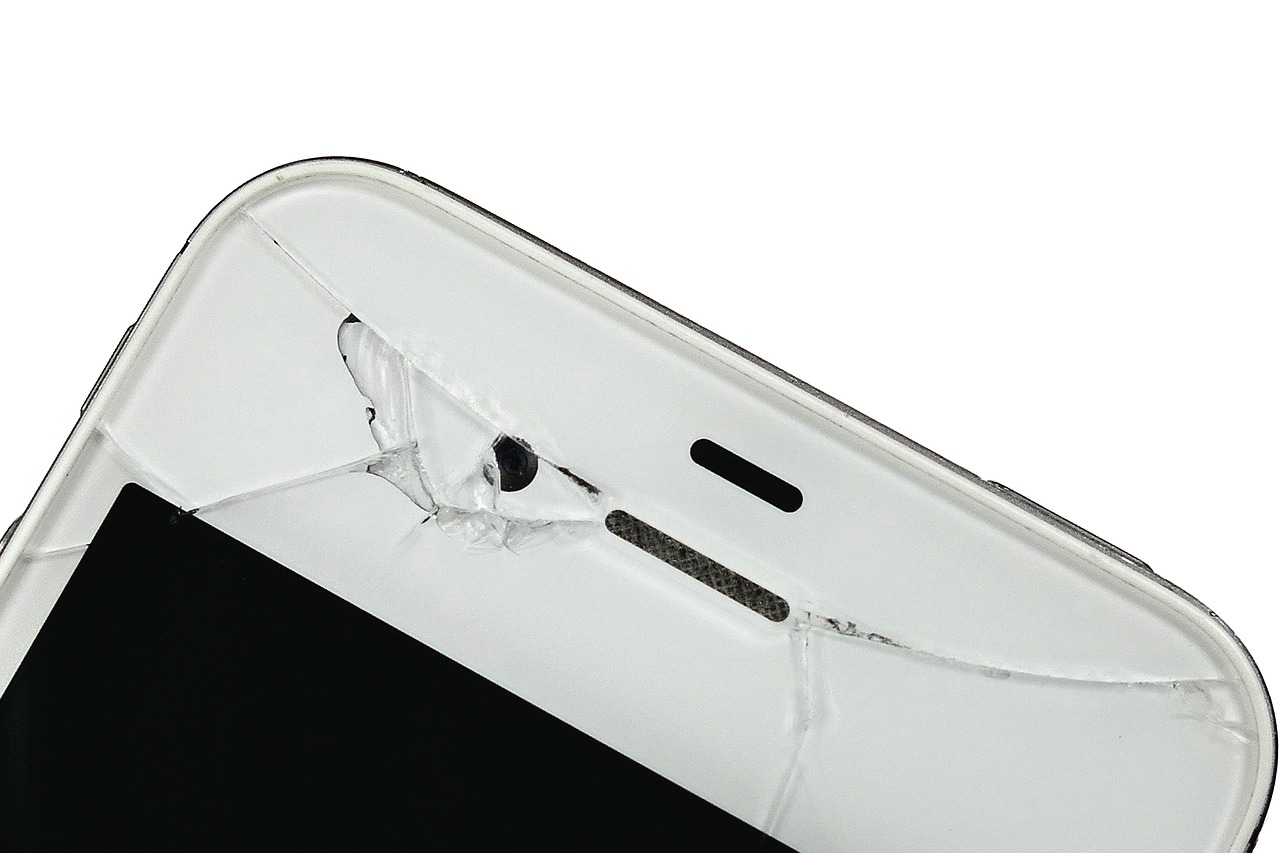Blockchain Technology: Beyond Cryptocurrency
The use of blockchain technology in supply chain management has been gaining traction in recent years. Its decentralized nature allows for increased transparency and traceability throughout the entire supply chain process. By recording every transaction in a tamper-proof way, blockchain technology helps in reducing fraud, counterfeit products, and improving overall efficiency.
One of the key benefits of incorporating blockchain technology in supply chain management is the ability to authenticate products and verify their origins. This is particularly crucial in industries where ethical sourcing and authenticity are paramount, such as in the food and luxury goods sectors. With blockchain, stakeholders can easily track each step of the production and distribution chain, ensuring that standards are met and maintaining consumer trust.
The Impact of Blockchain on Healthcare Industry
Blockchain technology is revolutionizing the healthcare industry by providing a secure and transparent way to store and share patient data. Through the use of blockchain, healthcare providers can securely access and update patient records in real-time, ensuring that the information is accurate and up-to-date. This not only improves the quality of patient care but also helps to reduce errors and streamline the overall healthcare process.
Moreover, blockchain technology in healthcare enhances data security and privacy by encrypting patient records and providing a tamper-proof system for storing sensitive information. With the decentralized nature of blockchain, patient data is stored across a network of computers, making it nearly impossible for hackers to gain unauthorized access to personal medical records. This increased security not only protects patient confidentiality but also builds trust between patients and healthcare providers, ultimately leading to improved healthcare outcomes.
• Blockchain technology provides a secure and transparent way to store and share patient data
• Healthcare providers can securely access and update patient records in real-time
• Improves the quality of patient care, reduces errors, and streamlines the healthcare process
• Enhances data security and privacy by encrypting patient records
• Provides a tamper-proof system for storing sensitive information
• Decentralized nature makes it nearly impossible for hackers to gain unauthorized access
• Protects patient confidentiality and builds trust between patients and healthcare providers
Enhancing Cybersecurity with Blockchain Technology
Blockchain technology has been gaining recognition as a robust tool to enhance cybersecurity measures across various industries. Its decentralized and immutable nature makes it exceptionally secure against tampering and unauthorized access. By storing data in a distributed ledger that is constantly being updated and verified by multiple parties, blockchain technology significantly reduces the risk of cyber attacks and data breaches.
Moreover, the use of cryptographic algorithms in blockchain technology adds an extra layer of security, ensuring that sensitive information remains encrypted and protected. This level of transparency and data integrity provided by blockchain technology can potentially revolutionize cybersecurity practices, making it more resilient and efficient in safeguarding against cyber threats.
What is blockchain technology?
Blockchain technology is a decentralized, distributed ledger system that securely records transactions across a network of computers.
How does blockchain enhance cybersecurity?
Blockchain enhances cybersecurity by providing a tamper-proof and transparent record of transactions, making it difficult for cyber attackers to manipulate or alter data.
Can blockchain be used in supply chain management?
Yes, blockchain technology can be used in supply chain management to create transparency and traceability in the movement of goods, improving efficiency and reducing fraud.
What impact does blockchain have on the healthcare industry?
Blockchain technology in healthcare can improve data security, streamline processes such as medical record sharing, and enable patients to have more control over their personal health information.
Is blockchain technology immune to cyber attacks?
While no technology is completely immune to cyber attacks, the decentralized nature of blockchain makes it more resilient to hacking attempts compared to centralized systems.





